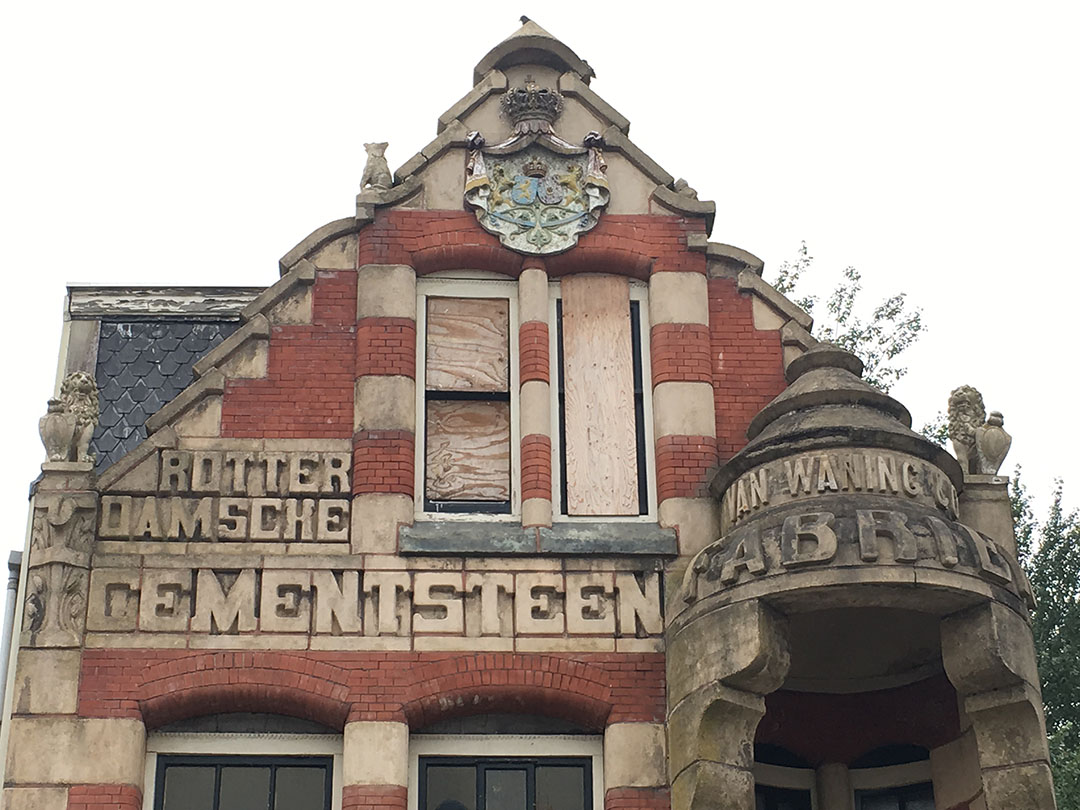Concrete cultural heritage
Concrete heritage buildings from the 20th century are at risk, due to the late recognition of their value and the experimental use of materials and technologies. Barbara Lubelli and Silvia Naldini (AE+T) are part of an international research team, aiming to develop a multidisciplinary approach for historic concrete conservation.
The research project CONSECH20, financed through JPI on Cultural Heritage, is about CONSErvation of 20th century Cultural Heritage in urban changing environments. Both social and technical aspects are being considered in the research. CONSECH20 aims to increase the potential of 20th century concrete heritage, as a promotion vector for social integration and cultural tourism, and to outline new approaches for participatory monitoring, conservation, and re-use of these buildings. The project will carry out research on representative case studies of historic concrete buildings in the participating countries. Concrete buildings in the Netherlands, Czech Republic, Cyprus, and Italy from the period 1900 – 1960 will be explored.

CONSECH20 will develop a multidisciplinary approach for the conservation of concrete heritage buildings of the 20th century in a changing urban environment. The project includes partners from different fields of expertise, from social science to conservation technology. Four topics are discerned: socio-cultural and economic analysis, diagnosis and monitoring of case studies, development of an interactive database, and conservation solutions. BK Bouwkunde TU Delft will lead the theme on diagnosis and monitoring of the case studies.
The research project will be carried out in collaboration between BK Bouwkunde TU Delft, the Institute of Theoretical and Applied Mechanics of the Czech Academy of Sciences (Czech Republic; co-coordinator), the University of Cyprus (Cyprus), the University of Genoa (Italy), and the Institute of Sociology of the National Academy of Sciences of Belarus (Belarus). Monumentenwacht Noord-Brabant, a Dutch organisation for heritage conservation, is an associated partner within the project.